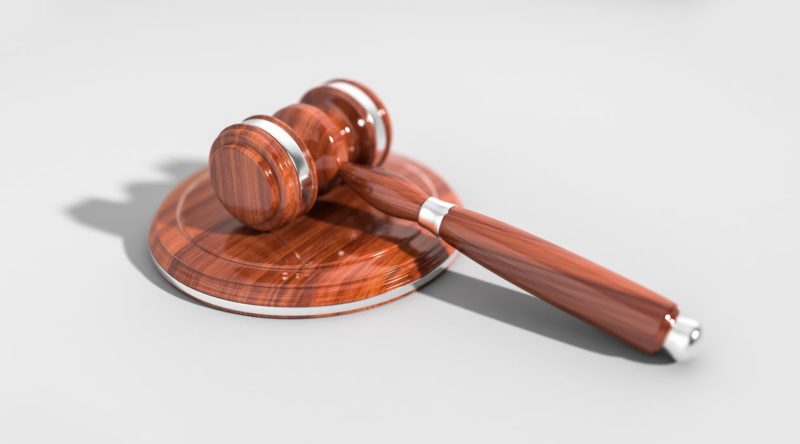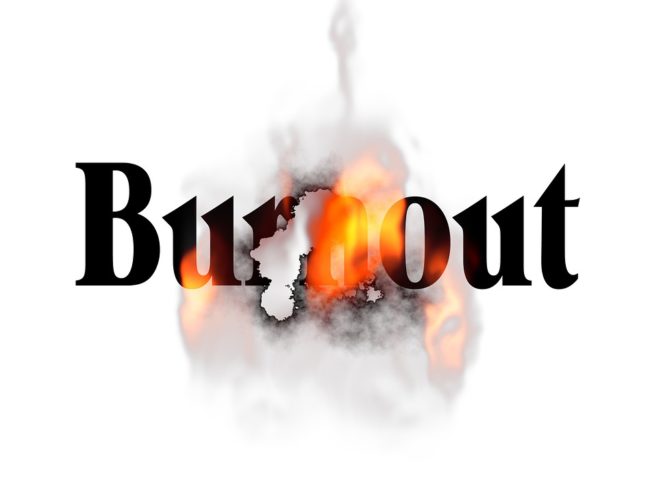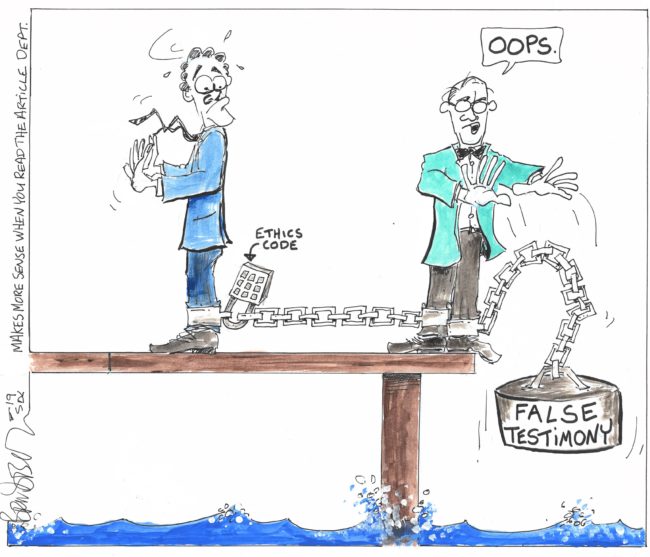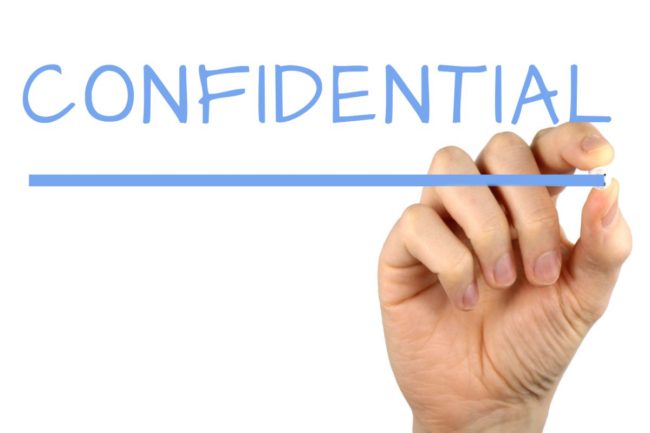By Edward McIntyre
Macbeth introduced Michelle Gold to Sara and Duncan.
“Michelle’s a former student. She has an issue every trial lawyer — practice long enough — will likely face.”
Macbeth gestured to his guest to start.
“I’m in the middle of a trial. Yesterday I called an expert witness. He’s a computer scientist. Also a lawyer. Testified quite well. Did excellent on cross. Jury seemed impressed. Even Judge Howell liked him.”
Duncan nodded. “Good day for the home team.”
“Until we got back to my office. He sat down. Looked real smug. Said: ‘Well, we pulled that off.’ I froze.”
Macbeth intervened. “What happened?”
“He admitted all the tests he testified he’d done — never did them. Basically made up the results. Said if he’d done the work, he’s sure he’d have gotten those conclusions. But he was too busy. So he just wrote his report with findings he manufactured.”
Sara interrupted, “I’d have strangled him.”
“I almost did. When I told him he had to correct his report and testimony, he used a few expletives. Then left for the airport. We’re dark today. I talked with our managing partner. She said talk to you. So here I am.”
Sara replied, “This happened yesterday? California’s new Rules of Professional Conduct apply.”
“Which I haven’t had time to study. I’ve been too busy preparing for this trial.”
Macbeth opened his copy. “Rule 3.3 addresses candor to the court. Let’s start there. First, the rule prohibits a lawyer making a false statement of fact or law to a tribunal, or failing to correct a previous false statement. Not surprising. But not our facts.”
“Right, I didn’t make any false statement.”
“The rule does address our situation. If a lawyer, the client or a witness the lawyer called has provided material evidence, and the lawyer learns after the fact the evidence was false, the lawyer has to take ’reasonable remedial measures.’”
“What’s that mean?”
“The only guidance the rule itself gives is, ‘if necessary, disclosure to the tribunal,’ unless 6068(e)(1) and rule 1.6 — our client confidentiality obligation — prohibits disclosure.”
Sara interjected, “Since the client didn’t testify, I don’t see how 6068(e)(1) applies.”
Macbeth nodded. “I agree. The untruthful client presents a different range of issues. Let’s stay focused on this expert. I assume his testimony is material?”
“Critical to the case. Judge Howell even allowed his report into evidence as an exhibit. Over objection.”
“Does your client know — yet?”
“Not yet. I wanted some advice.”
“Well, rule 1.4 requires that you tell your client. This is certainly a significant development relating to the representation.”
“I agree. But I want to present a plan of action. Not just engage in a, ‘Houston, we have a problem,’ conversation.”
“Wise move. Let’s talk about solutions. First, the report that’s in evidence. What do you think?” Read More







